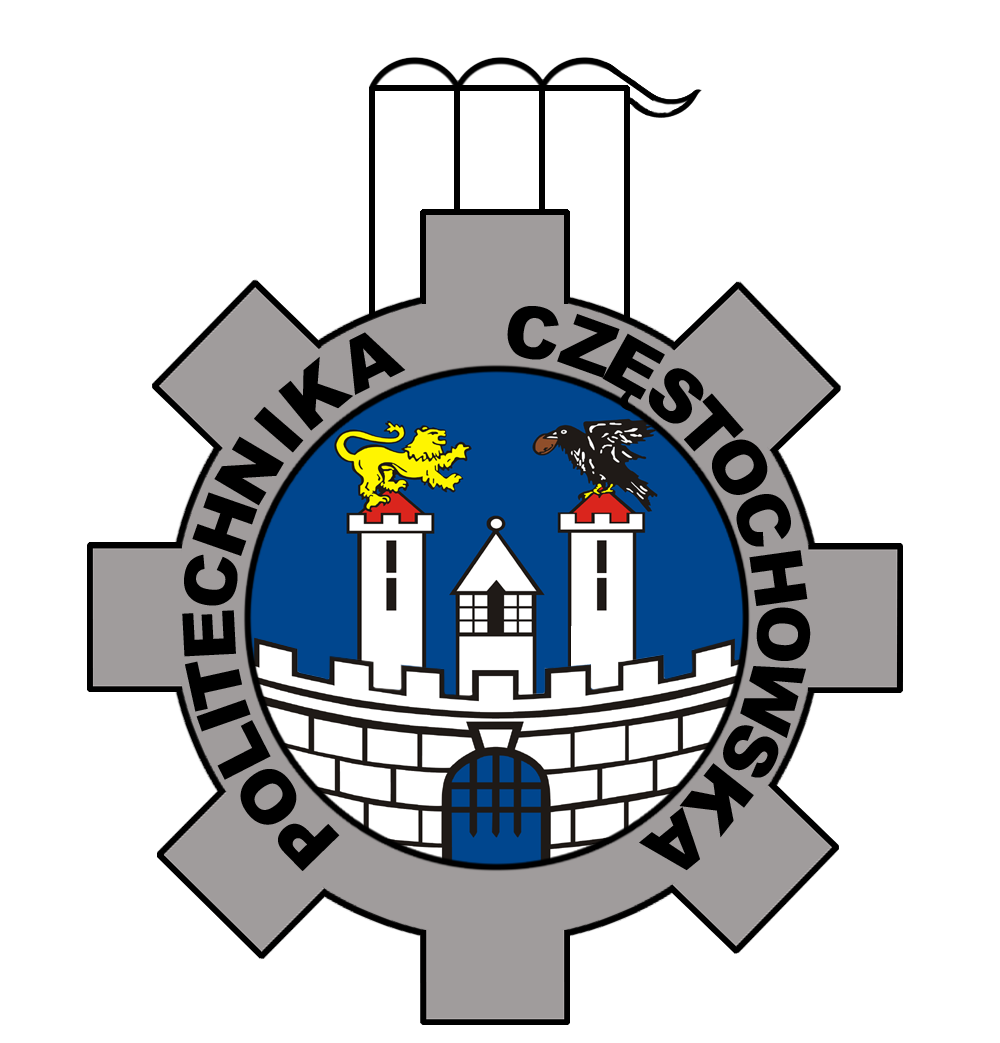Rektor Politechniki Częstochowskiej na wniosek Przewodniczącego Uczelnianej Rady Samorządu Politechniki Częstochowskiej ogłasza, że w dniach 3 i 4 stycznia 2019 roku obowiązywać będą godziny rektorskie.
Proszę zgłaszać się do Dziekanatu po odbiór decyzji o przyznaniu stypendium z Funduszu Pomocy Materialnej dla Studentów. Wypłata stypendium nastąpi dopiero po odbiorze decyzji stypendialnej.

Dziekan
Wydziału Elektrycznego
Politechniki Częstochowskiej
zaprasza
30 października 2018 roku o godz. 10.00
do auli Wydziału Elektrycznego

na seminarium naukowe, na którym
mgr Monika Lelonek
SmartMembranes GmbH, Halle (Niemcy)
wygłosi referat
„Innovative applications of nano
and macroporous membranes”
Nano porous anodic alumina is a widely studied material that is used for corrosion protection of aluminum surfaces or as dielectric material in microelectronics applications. For more than 40 years porous alumina has been the subject of investigations. It exhibits a homogeneous morphology of parallel pores which grow perpendicular to the surface with a narrow distribution of diameters and interpore spacings, the size of which can easily be controlled between 10 and 400 nm. Monodomain porous alumina templates with very high aspect ratios can also be synthesized by using lithographic preparation. The combination of self-assembly and lithography allows the preparation of porous alumina templates with various configurations of pore arrangement that are not accessible by other state-of-the-art methods.
Macro porous silicon, prepared by an electrochemical process, has also gained interest in research for many applications which have a demand for mechanical and chemical stability as well as a high order of the pores. The pore diameters can differ from 700 nm up to 10 µm using lithographic pre-structuring. The standard deviation of pore diameter and interpore distance is lower than 1 %. Because of the lithographic pre-structuring technique macro porous silicon with its high ordered structure represents an ideal 2-D photonic crystal (PC) exhibiting novel properties for the propagation of infrared light within the pores.
Because of the above mentioned unique properties, nano porous alumina and macro porous silicon can be used in a wide range of applications, such as filters, as platforms for muliti-functional sensors, for fuels cells, and especially as templates for the fabrication of nanometer-scale composites, such as nanotubes or nanowires by electrochemical deposition or by using polymer melts.
About SmartMembranes
SmartMembranes was founded by Dr. Petra Goering und Monika Lelonek in Halle (Saale) on 20th July 2009 as a spin-off from the Fraunhofer Institute for Mechanics of Materials. The company is the leading manufacturer of high-ordered porous materials from alumina and silicon with defined and adjustable membrane properties and structure parameters. SmartMembranes manufactures not only membranes on customers‘ request, they also develop new processes and products around the core business.
Dr hab. inż. Grzegorz Dudek, prof. PCz
Prodziekan ds. Nauki Wydziału Elektrycznego
Politechniki Częstochowskiej
Dr hab. Katarzyna Oźga, prof. PCz
Dziekan Wydziału Elektrycznego
Politechniki Częstochowskiej
Rektor Politechniki Częstochowskiej, na wniosek Studenckiej Komisji Wyborczej Politechniki Częstochowskiej, w związku z wyborami uzupełniającymi do Rady Wydziału Elektrycznego, ogłasza w dniu 22.11.2018r w godzinach od 13:00 do 14:00 na Wydziale Elektrycznym godziny rektorskie.
Rektor Politechniki Częstochowskiej na wniosek Przewodniczącego Uczelnianej Rady Samorządu Studentów Politechniki Częstochowskiej z uwagi na Dzień Wszystkich Świętych ogłasza, że w dniu 31.10.2018 r od godziny 12:00 obowiązywać będą godziny rektorskie dla wszystkich wydziałów.
